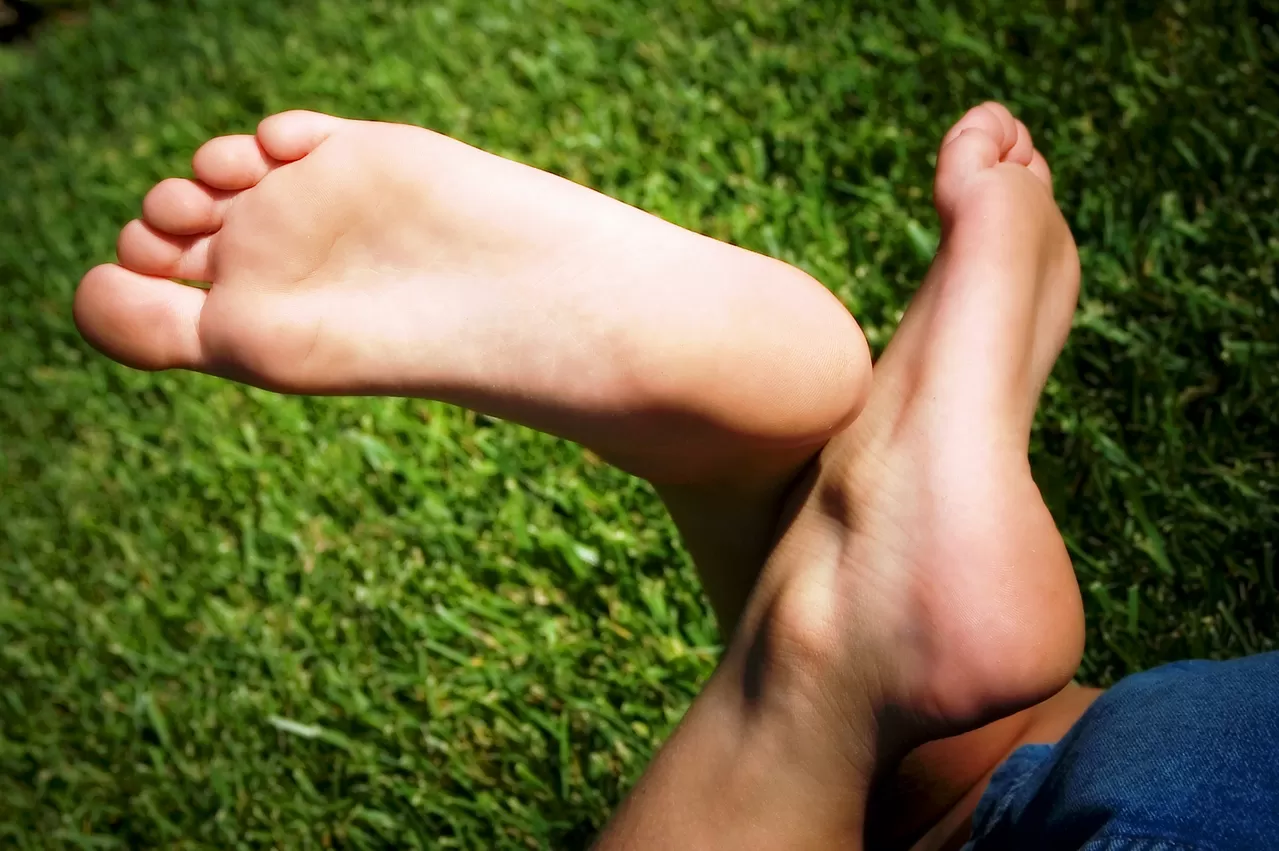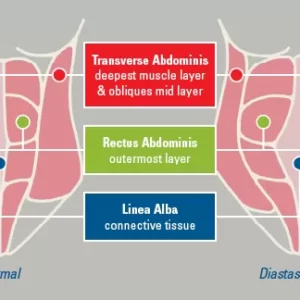What is Plantar Fasciitis?
Plantar fasciitis is the most common cause of heel pain. Plantar fasciitis is a repetitive strain injury to the plantar surface of the foot. Tiny micro tears can develop in the ligament with repetitive use.
This condition is most common in middle-aged populations however you can develop it at any age. It occurs in people who are on their feet a lot such as athletes and construction workers. You can develop plantar fasciitis in one or both feet.
What is the Plantar Fascia?
The plantar fascia is a flat band of tissue that connects your heel bone (Calcaneus) to the base of the toes (Metatarsophalangeal joints). This ligament assists in supporting the arch of your foot.
Symptoms of Plantar Fasciitis
Most people experience pain during the first few steps after they get out of bed in the morning. It can also cause irritation, inflammation, weakness and swelling to the bottom of the heel and foot. Symptoms may decrease throughout the day with increased activity but it typically worsens after prolonged sitting, standing, walking or at the end of the day.
Factors that predispose you to develop Plantar Fasciitis
There are many factors that can contribute to plantar fasciitis. The most common causes of plantar fasciitis are biomechanical imbalances within the body. This includes tight or weakened muscular structures, leg length discrepancies and excessive flat feet (pronation) or very high arches (supination) of the foot. It often develops with overtraining and repetitive overuse of the foot and ankle. More specifically, plantar fasciitis develops with training or working on unyielding surfaces such as concrete and occupation-related footwear such as steel-toed boots. It can also occur with prolonged standing and weight-bearing activities such as walking or running. As we age, tissue degeneration occurs weakening the supporting structures of the arch of the foot. In addition, during pregnancy, hormonal changes can cause weakening of ligaments such as the plantar fascia. Excessive weight gain also compromises the integrity of this ligament. It can also occur from wearing worn down or unsupportive footwear.
Treatment Options Available for Plantar Fasciitis
If this sounds familiar, contact your physiotherapist to set up an initial assessment. Physiotherapists offer a wide variety of treatment options to help decrease the pain associated with plantar fasciitis. Your physiotherapist will create an individualized treatment plan for you consisting of soft tissue techniques, manual therapy joint mobilizations, modalities and a targeted exercise program involving stretching and strengthening the muscles of the foot and ankle. They can also provide you with education regarding proper gait mechanics, running technique, orthotics and splinting options for day and night use.
Written by: Natalie Langstaff, Physiotherapy Resident
Tags : Orthotics Toronto, Orthotics Mississauga, Orthotics Etobicoke, Orthotics North york, Orthotics Oakville, Acupuncture Toronto, Acupuncture Mississauga, Acupuncture Etobicoke, Acupuncture North york, Acupuncture Oakville
Click HERE to book an appointment with a physiotherapist at one of our eight locations.
- Physiotherapy Etobicoke – Triangle Physiotherapy Etobicoke
- Oakville Physiotherapy Clinic – Triangle Physiotherapy Oakville
- Physiotherapy North York – Triangle Physiotherapy North York
- Mississauga Physiotherapy Clinics – Triangle Physiotherapy Mississauga
- Downtown Physiotherapy Clinics – Triangle Physiotherapy King West
- Uptown Physiotherapy Clinics – Triangle Physiotherapy Lawrence Park
- Physiotherapy Clinic Downtown Toronto – Triangle Physiotherapy Queens Quay
- Physiotherapy Clinics Mississauga – Triangle Physiotherapy Erin Mills
Physiotherapy can be highly effective in managing plantar fasciitis by alleviating pain, improving foot mechanics, and preventing recurrence. If you are looking for professional physiotherapy services to treat plantar fasciitis, there are clinics in physiotherapy Etobicoke, Oakville, North York, Toronto, Lawrence Park, Queens Quay, Erin Mills, Mississauga, and Liberty Village. These clinics offer expert care and personalized treatment plans to help you get back on your feet pain-free.




